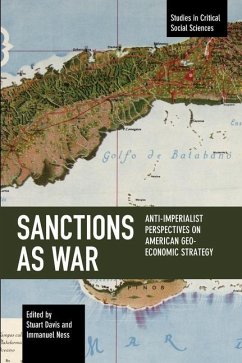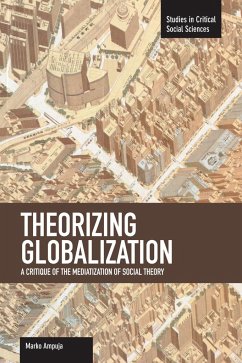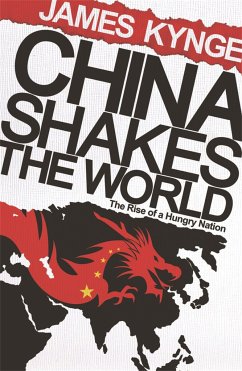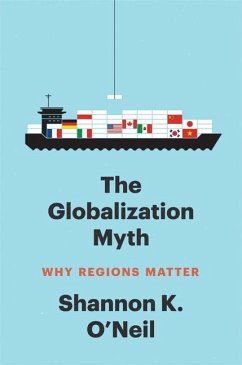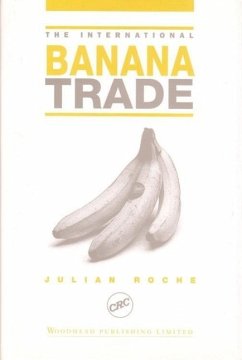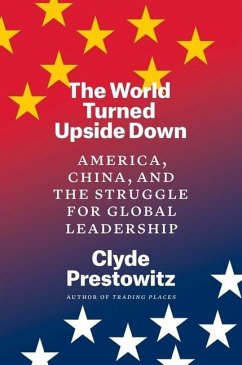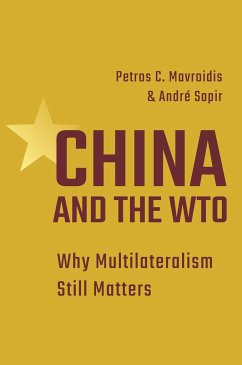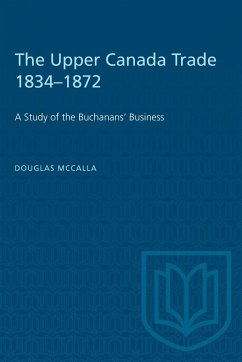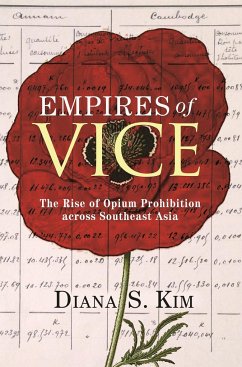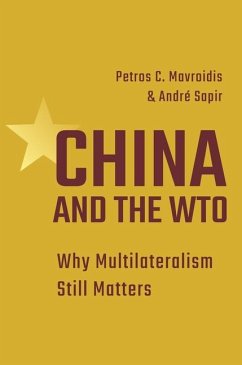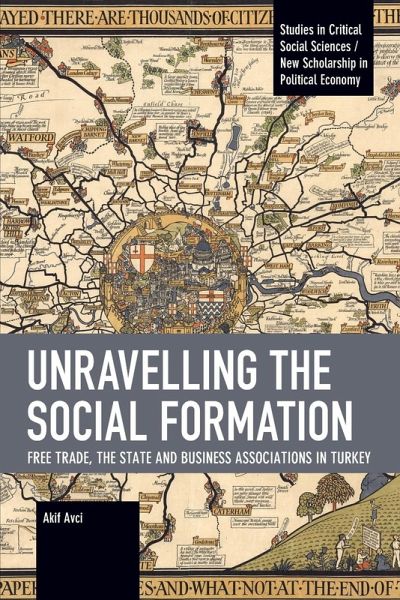
Unravelling the Social Formation
Free Trade, the State and Business Associations in Turkey
Versandkostenfrei!
Versandfertig in über 4 Wochen
25,99 €
inkl. MwSt.

PAYBACK Punkte
13 °P sammeln!
In Unravelling the Social Formation: Free Trade, the State and Business Associations in Turkey, Akif Avci examines the role of business associations and the state in Turkey in analysing the dialectical relationship between global free trade and Turkish social formation since 2002. The manuscript constructs three-levels of analysis based on the social relations of production, forms of state and world order. It explores the class characteristics of the business associations, the role of the Turkish state in the process of integration into global capitalism, and at the same time, internalisation ...
In Unravelling the Social Formation: Free Trade, the State and Business Associations in Turkey, Akif Avci examines the role of business associations and the state in Turkey in analysing the dialectical relationship between global free trade and Turkish social formation since 2002. The manuscript constructs three-levels of analysis based on the social relations of production, forms of state and world order. It explores the class characteristics of the business associations, the role of the Turkish state in the process of integration into global capitalism, and at the same time, internalisation of the global class relations inside Turkey. It offers a fresh neo-Gramscian evaluation of theories of imperialism, and of the uneven and combined development (U&CD) framework for understanding social formation.





